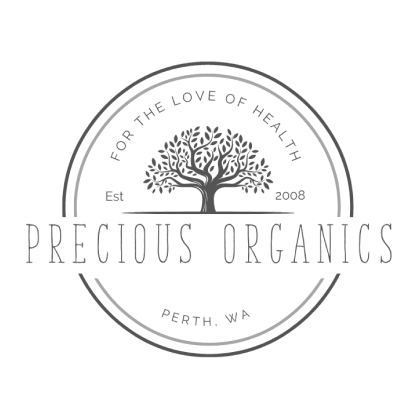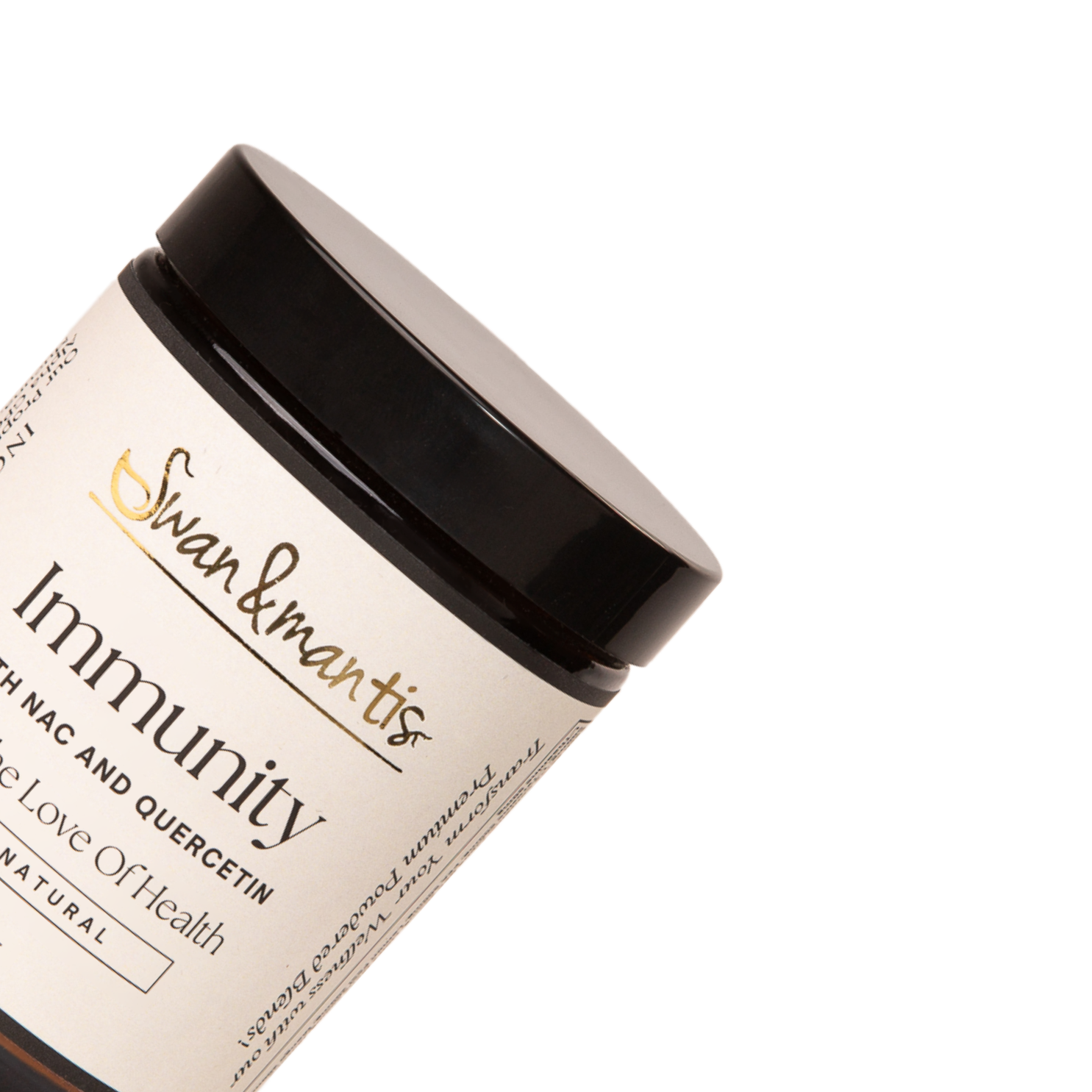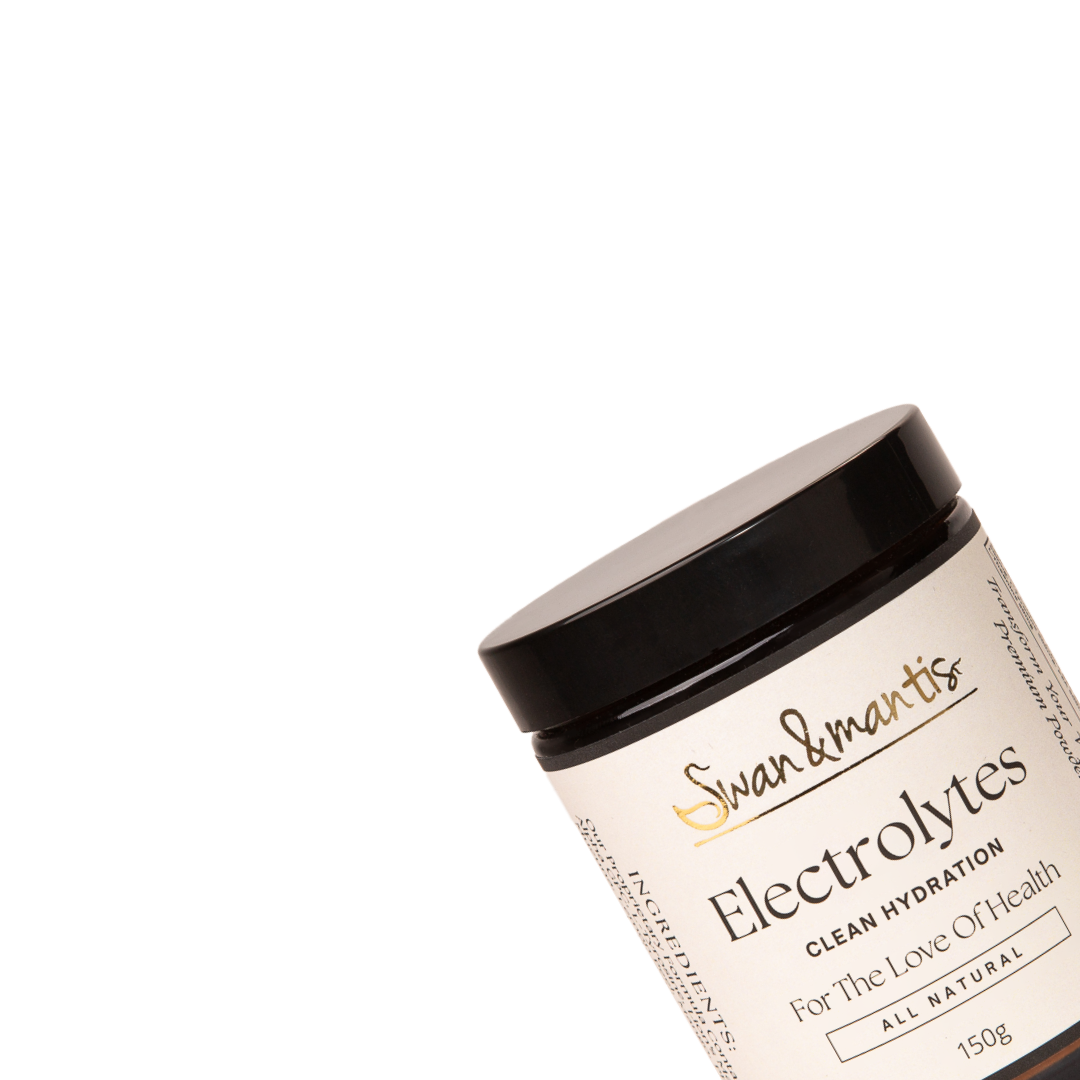Trans Fats Harm Your Arteries
Posted By Dr. Mercola | November 16 2010 | 28,023 views
Scientists have discovered the method by which dietary trans-fats cause hardening of the arteries. A study on mice suggests that high levels of trans-fats cause atherosclerosis by reducing the responsiveness of a key protein, transforming growth factor (TGF)-beta, that controls growth and differentiation in cells.
The findings of the study reinforce research that has linked the predominantly man-made fat with a range of health problems.
Food Navigator reports:
"Trans-fats are attractive for the food industry due to their extended shelf life and flavor stability, and have displaced natural solid fats and liquid oils in many areas of food processing.
But scientific reports that trans-fatty acids raise serum levels of LDL-cholesterol, reduce levels of HDL-cholesterol, can promote inflammation can cause endothelial dysfunction, and influence other risk factors for cardiovascular diseases (CVD), has led to a well-publicized bans in New York City restaurants, and other cities, like Chicago."
Food Navigator November 3, 2010
The Journal of Nutritional Biochemistry October 30, 2010
Mice fed a diet high in trans-fats had a four-fold increase in markers of early lesions of atherosclerosis, or hardening of the arteries, which in turn increases your risk of heart attack and stroke.
The fats appeared to suppress the responsiveness of TGF-beta, a protein that controls growth and differentiation in cells. This is likely one of many ways in which trans-fats harm your heart health.
If you value your heart function, check all of the foods you eat on a regular basis and make sure trans-fats are NOT a part of them. Even the Institute of Medicine said your intake of trans-fats should be "as low as possible." They were given the opportunity to establish a "safe upper limit," but declined doing so because, quite simply, there isn't one!
Why Trans-fats Should Not be in Your Diet
There are only a handful of foods and beverages that I recommend you NEVER eat … and foods with trans-fats are among them.
Trans-fats are formed when hydrogen is added to vegetable oil during food processing in order to make it solidify. This process, known as hydrogenation, makes fats less likely to spoil, so foods stay fresh longer, have a longer shelf life and also have a less greasy feel.
Trans-fats are common in fried foods like French fries, fried chicken, and doughnuts -- as well as cookies, pastries and crackers. In the United States, French fries typically contain about 40 percent trans-fatty acids and many popular cookies and crackers range from 30 percent to 50 percent trans-fat. Doughnuts have about 35 percent to 40 percent trans-fatty acids.
These completely unnatural man-made fats cause dysfunction and chaos in your body on a cellular level. Studies have linked trans-fats to:
- Cancer: They interfere with enzymes your body uses to fight cancer.
- Diabetes: They interfere with the insulin receptors in your cell membranes.
- Decreased immune function: They reduce your immune response.
- Problems with reproduction: They interfere with enzymes needed to produce sex hormones.
- Obesity
- Heart disease: Trans-fats can cause major clogging of your arteries. (Among women with underlying coronary heart disease, eating trans-fats increased the risk of sudden cardiac arrest three-fold!)
Trans-fat is also known to increase blood levels of low density lipoprotein (LDL), or "bad" cholesterol, while lowering levels of high density lipoprotein (HDL), or "good" cholesterol. Trans-fats even interfere with your body's use of beneficial omega-3 fats, and have been linked to an increase in asthma.
Beware of Trans-fat Labels or You Will Be Fooled!!
The negative health effects of trans-fats are so widely known that in recent years many food manufacturers have removed them from their products, while several cities, like New York City and Chicago, have implemented citywide bans.
The fats are also listed on labels, but there's an important caveat you should know … the U.S. Food and Drug Administration (FDA) allows food manufacturers to round to zero any ingredient that accounts for less than 0.5 grams per serving.
So while a product may claim that it does not contain trans-fats, food manufacturers have lobbied to allow the food to contain up to 0.5 grams per serving.
The key here is the serving size. What is the serving size of a box of cookies? There is no hard and fast rule and if they decide that one small cookie is a serving size and not the "typical" quantity most people eat, you could wind up with up to 10 grams or more of trans-fat, which is clearly going to be associated with health complications.
So to truly avoid trans-fats, you need to read the label and look for more than just 0 grams of trans-fat. Check the ingredients and look for partially hydrogenated oil. If the product lists this ingredient, it contains trans-fats and pay careful attention to the serving size.
Know How to Avoid This Similar Trans-fat Replacement
While pulling trans-fats from foods is a great move, the food industry has been widely replacing trans-fats with intersterified fat, another unnatural fat that you'd be wise to avoid.
The interesterification process hardens fat, similar to the hydrogenation process, but without producing oils that contain trans-fats. The end product, like trans-fat, is less likely to go rancid and is stable enough to use to fry foods.
However, like hydrogenation, which generates unnatural trans-fats, interesterification also produces molecules that do not exist in nature.
The highly industrialized process of interesterification may result in a product that is trans-fat-free, but that product will still contain chemical residues, hexanes, and other hazardous waste products full of free radicals that cause cell damage.
These fats are in virtually all the foods that trans-fats are, so by avoiding trans-fat, and processed foods in general, you will also avoid interesterified fats. If a processed food product is labeled "0 grams trans-fats" or "no trans-fats" but is made from vegetable oils, you can be certain it contains either interesterified fats or fully hydrogenated vegetable oils, both of which you'll want to avoid.
Have You Been Eating Trans-fats for Years?
Not long ago, the FDA estimated that up to 95 percent of cookies, 80 percent of frozen breakfast foods, and 100 percent of crackers contained trans-fats. Most pizza dough is also loaded with trans-fat.
So if you've eaten these processed foods in the past, there's a good chance you've also eaten trans-fats. Even now, although many food manufacturers have removed them, they still exist widely in baked goods. And since it's not always possible to check labels, such as in foods at restaurants, schools, cafeterias, etc., it can be difficult to detect them.
Generally speaking, foods that are likely to contain trans-fats include deep-fried foods, processed baked goods, snack foods and processed foods, including fast foods.
However, even if you know trans-fats have been in your diet, don't panic. By switching to a healthier diet now you may be able to make up for some of the damage.
In the mice study, in fact, when the animals switched from a high trans-fat diet back to their regular diet, markers of atherosclerosis began to decrease and even return to normal.
So the take-home message is, if you've been consuming trans-fats for years with no ill effects, count yourself lucky but don't press your luck. The sooner you switch to a healthier diet, the better.
If you want to avoid dangerous fats of all kinds, your best bet is to eliminate processed foods from your diet. From there, use these tips to make sure you're eating the right fats for your health:
- Use organic butter (preferably made from raw milk) instead of margarines and vegetable oil spreads. Butter is a healthy whole food that has received an unwarranted bad rap.
- Use coconut oil for cooking. It is far superior to any other cooking oil and is loaded with health benefits.
- Be sure to eat raw fats, such as those from avocados, raw dairy products, and olive oil, and also take a high-quality source of animal-based omega-3 fat, such as krill oil.
Following my comprehensive nutrition plan will also automatically reduce your trans-fat intake, as it will give you a guide to focus on healthy whole foods instead of processed junk food.


